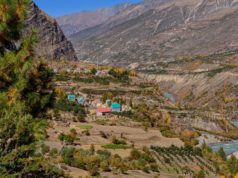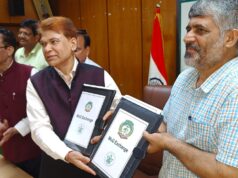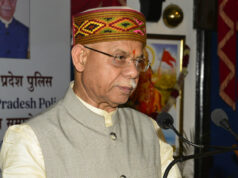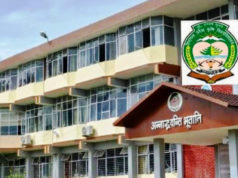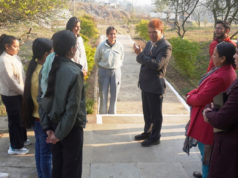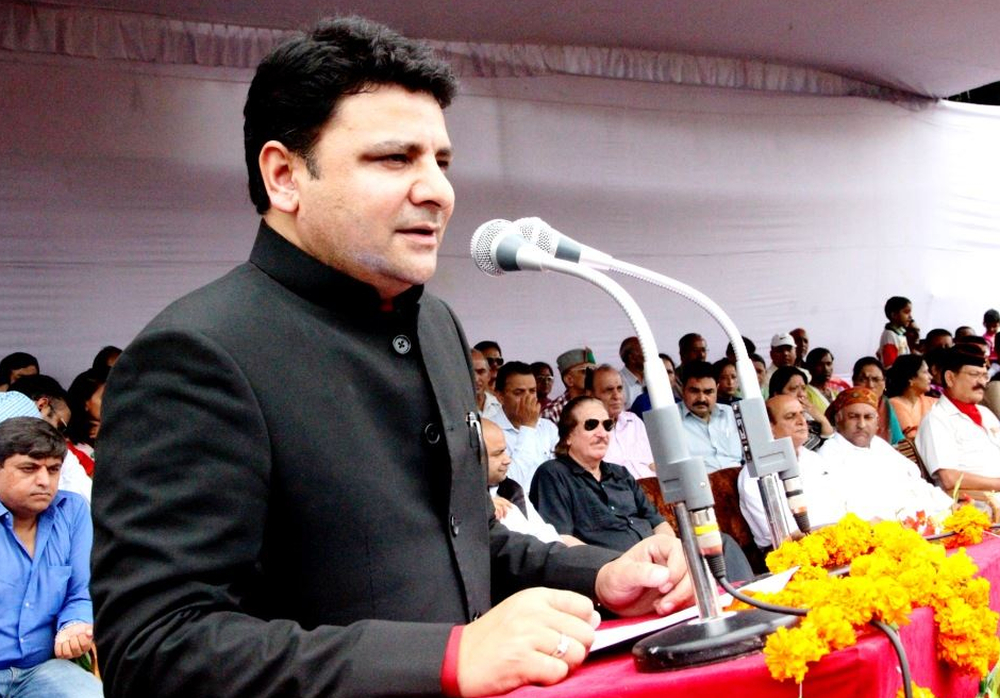112 hectares of land in Palampur set aside for tourism village remains under dispute
Shimla—In a significant ruling, the Himachal Pradesh High Court has stayed the transfer of 112 hectares of land belonging to Chaudhary Sarwan Kumar Agricultural University (CSKAU) in Palampur to the state’s Tourism Department. The division bench, comprising Justice Vivek Singh Thakur and Justice Ranjan Sharma, passed the order after a preliminary hearing on a petition filed by the Himachal Pradesh Agriculture Teachers Association.
The state government had planned to allocate the land for the development of a tourism village in Kangra, sparking protests and legal challenges. The court’s order halts any further action on the transfer until the next hearing, scheduled for October 17. The judges have also issued notices to key officials, including the Chief Secretary, Principal Secretary of Agriculture, and Principal Secretary of Tourism, requesting their responses to the petition.
The petitioner argued that using the land of Agriculture university for tourism purposes is legally flawed, as the state has other available land for such projects. The agricultural university, a historical institution, has played a vital role in regional agricultural research since the 1950s, when it began as a regional centre of Punjab Agricultural University in Ludhiana, before Kangra’s integration into Himachal Pradesh.
The university, originally holding 400 hectares of land, has already lost 125 hectares to various government departments over the years. Opponents of the land transfer, including the employees’ union and several local organizations, claim that further reduction in the university’s land would leave little room for its expansion and ongoing agricultural research.
“Land allocated for agricultural research should not be used for non-agricultural purposes like tourism,” stated the applicant institution. They fear that the proposed tourism village would undermine the institution’s mission and compromise future agricultural development in the region.
Despite this opposition, the university’s Board of Governors had previously given consent to transfer the land to the Tourism Department. The state government maintains that the tourism village would promote regional development and enhance the local economy.
However, the High Court’s stay order has put the project on hold, allowing time for a detailed examination of the legal and practical ramifications of the land transfer. The case continues to draw significant attention from local organizations and government departments, with both sides awaiting the court’s final decision on the matter.


